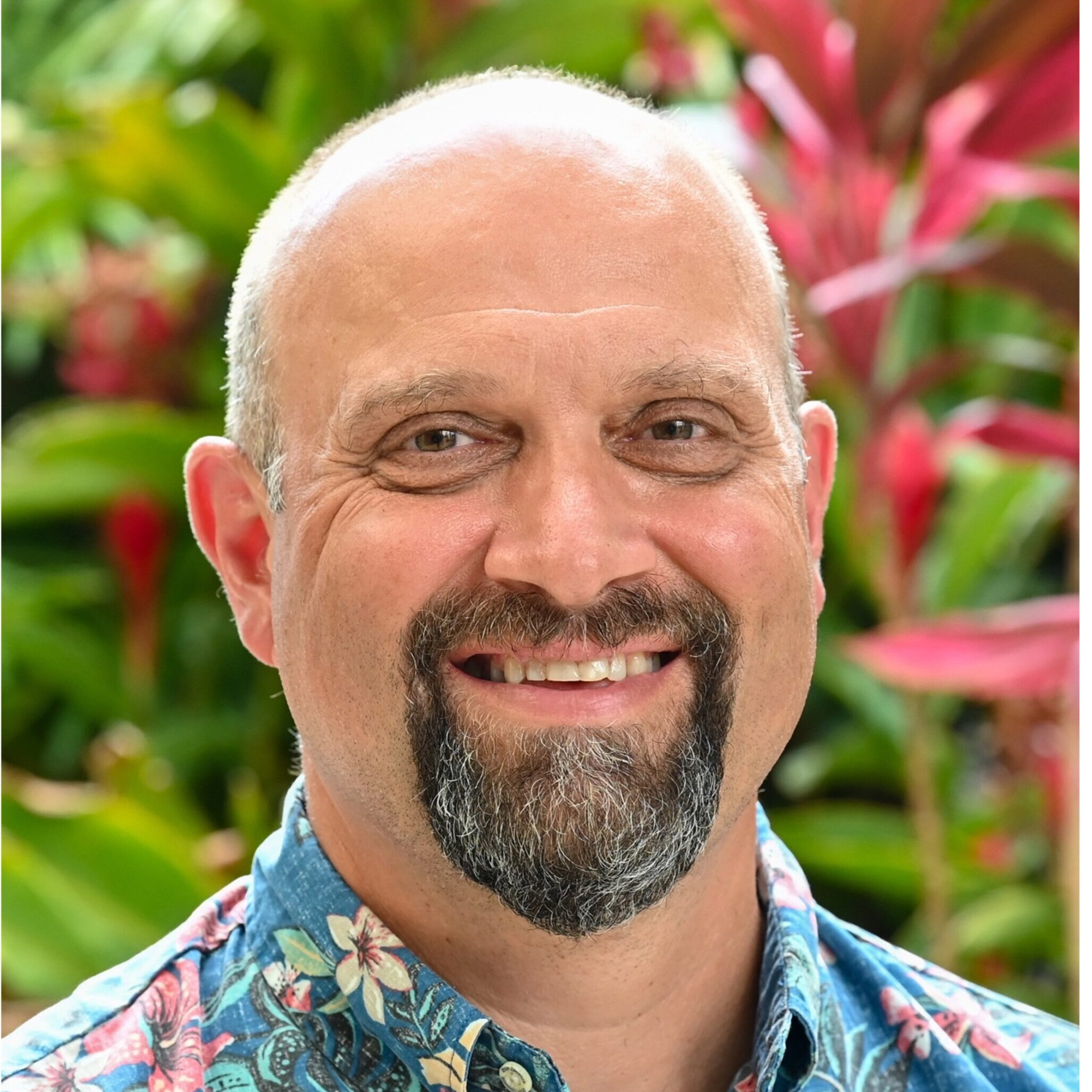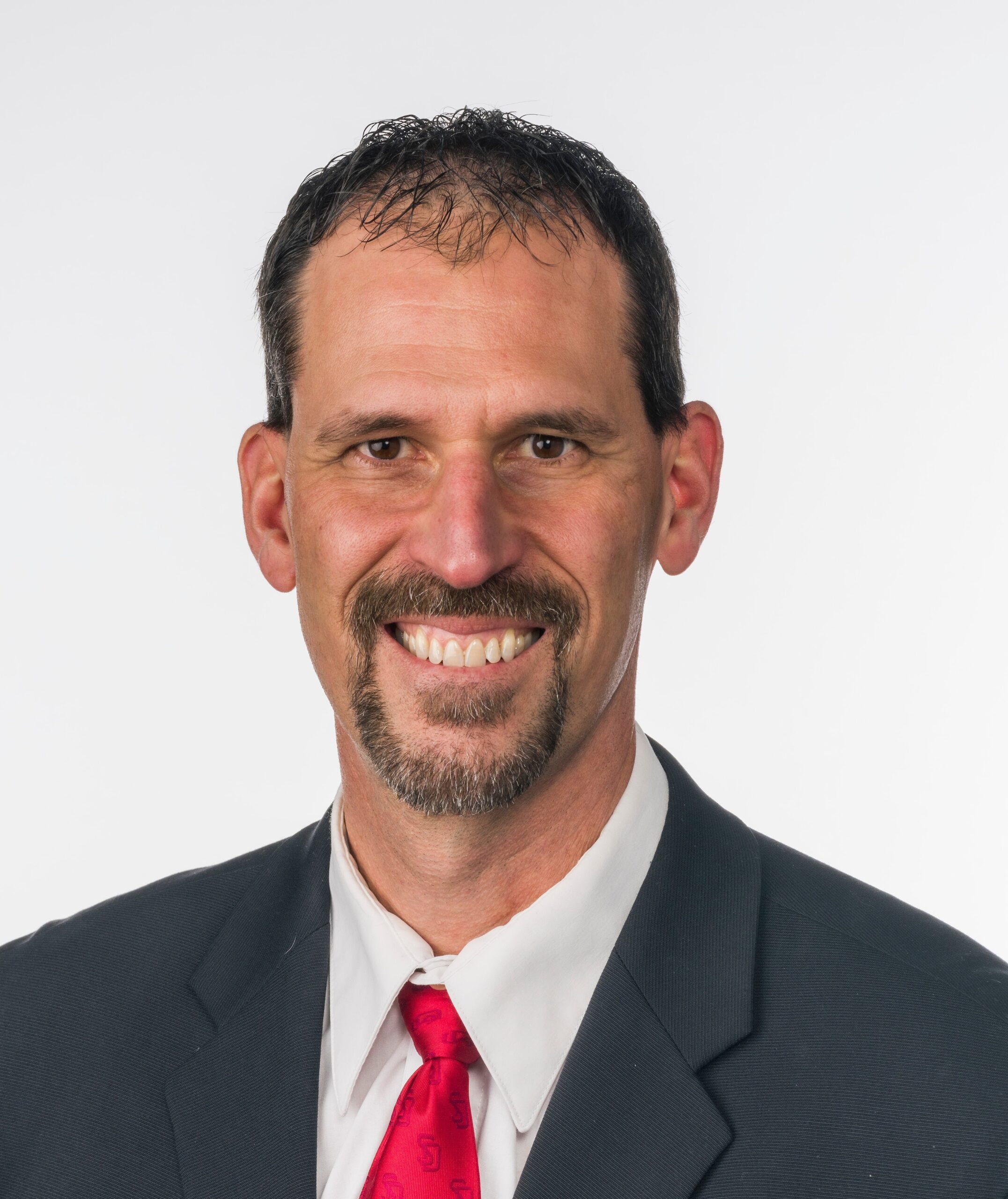Erik Meira, PT, DPT, has been practicing physical therapy for over 20 years. He mainly treats elite athletes at this point in his career alongside running his own company The Science PT, where he hosts a podcast, writes blogs and teaches continuing education courses. Meira joins our hosts Kory Zimney and Paul Mintken to talk about all things ACL injuries.
Here are some of the highlights:
Foundational Research for ACL
- Mechanisms for noncontact anterior cruciate ligament injuries: knee joint kinematics in 10 injury situations from female team handball and basketball
- Young Athletes With Quadriceps Femoris Strength Asymmetry at Return to Sport After Anterior Cruciate Ligament Reconstruction Demonstrate Asymmetric Single-Leg Drop-Landing Mechanics
- Compensatory Strategies That Reduce Knee Extensor Demand During a Bilateral Squat Change From 3 to 5 Months Following Anterior Cruciate Ligament Reconstruction
Measure your athlete’s quad index by thinking of your testing protocol as a combination of hurdles that the athlete needs to cross. One test can’t answer everything.
Taking a step back to consider if there are any other ways to explain the effects you are seeing in your patients is an important part of growing in your clinical reasoning.
Erik Meira’s Clinical Pearl: I just want to do function, but it’s important to get back to the simple, basic things and do them very well. Get yourself a hand-held dynamometer that has an inline setup with a push-pull setup. Then, use it for quantifiable, reliable measures.
Ad Info: Continue your learning past what you hear today, EIM offers certifications that elevate your clinical decision making and help get you to the next level of patient care and expertise. Get 5% off by letting your program advisor know you’re a PT Elevated Podcast listener. Check out your program options here.
The last episode of the season will feature questions and comments from you the listener. Send your questions, whether they be episode-specific, clinical or research-related to podcast@eimpt.com. Your question may be featured in the last episode, so include some info about you and your practice. We look forward to hearing your questions!
More Links:

